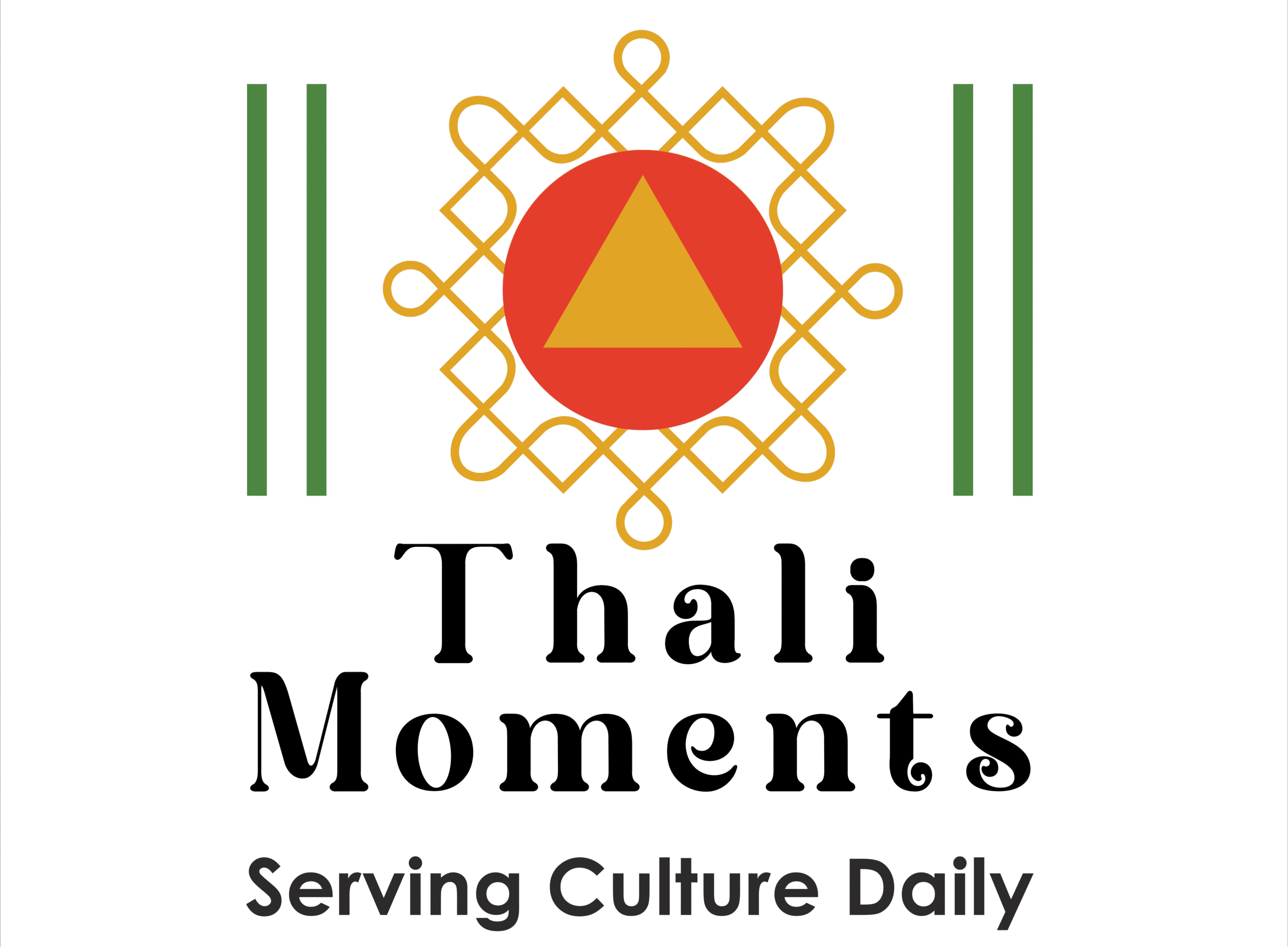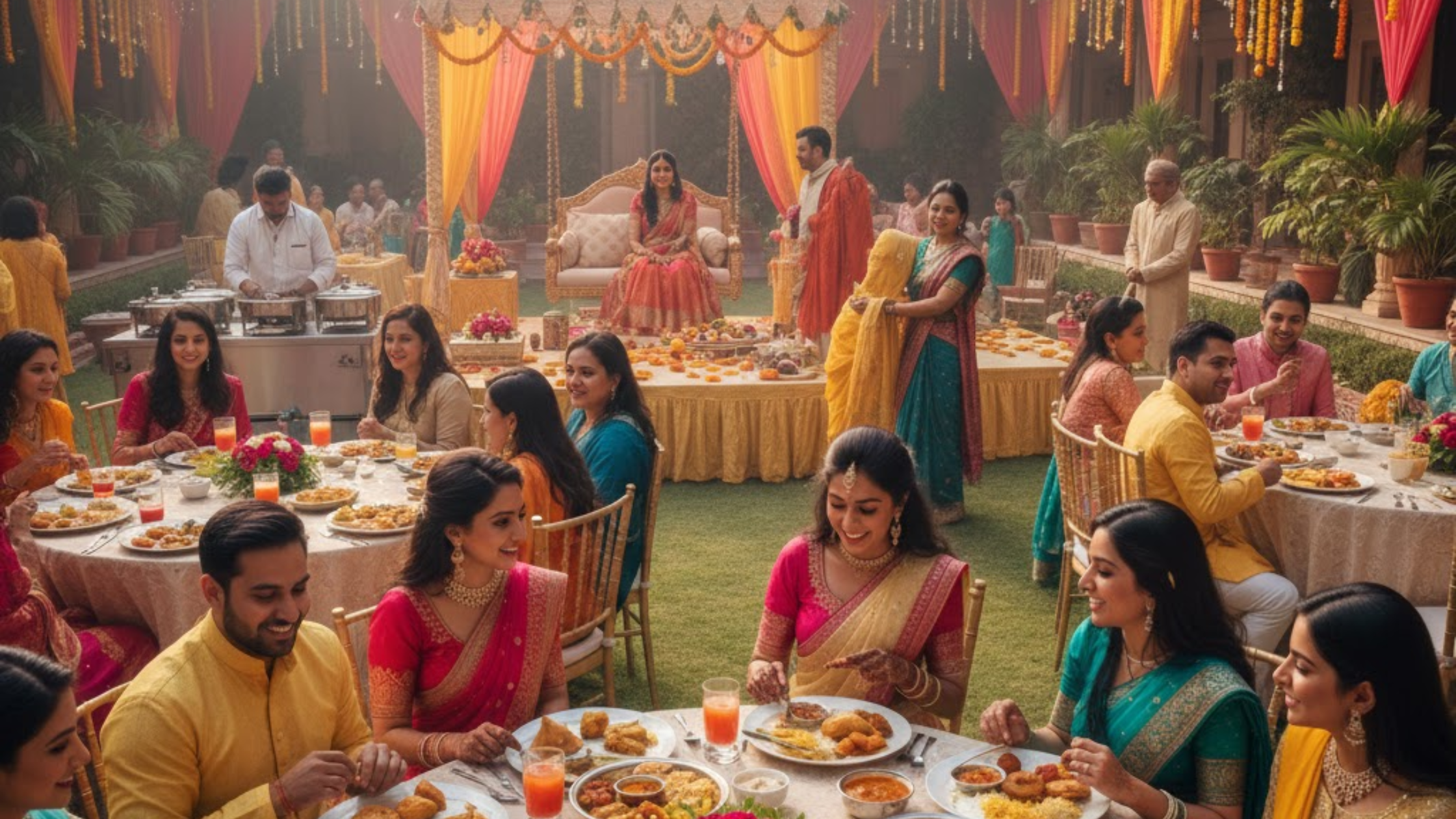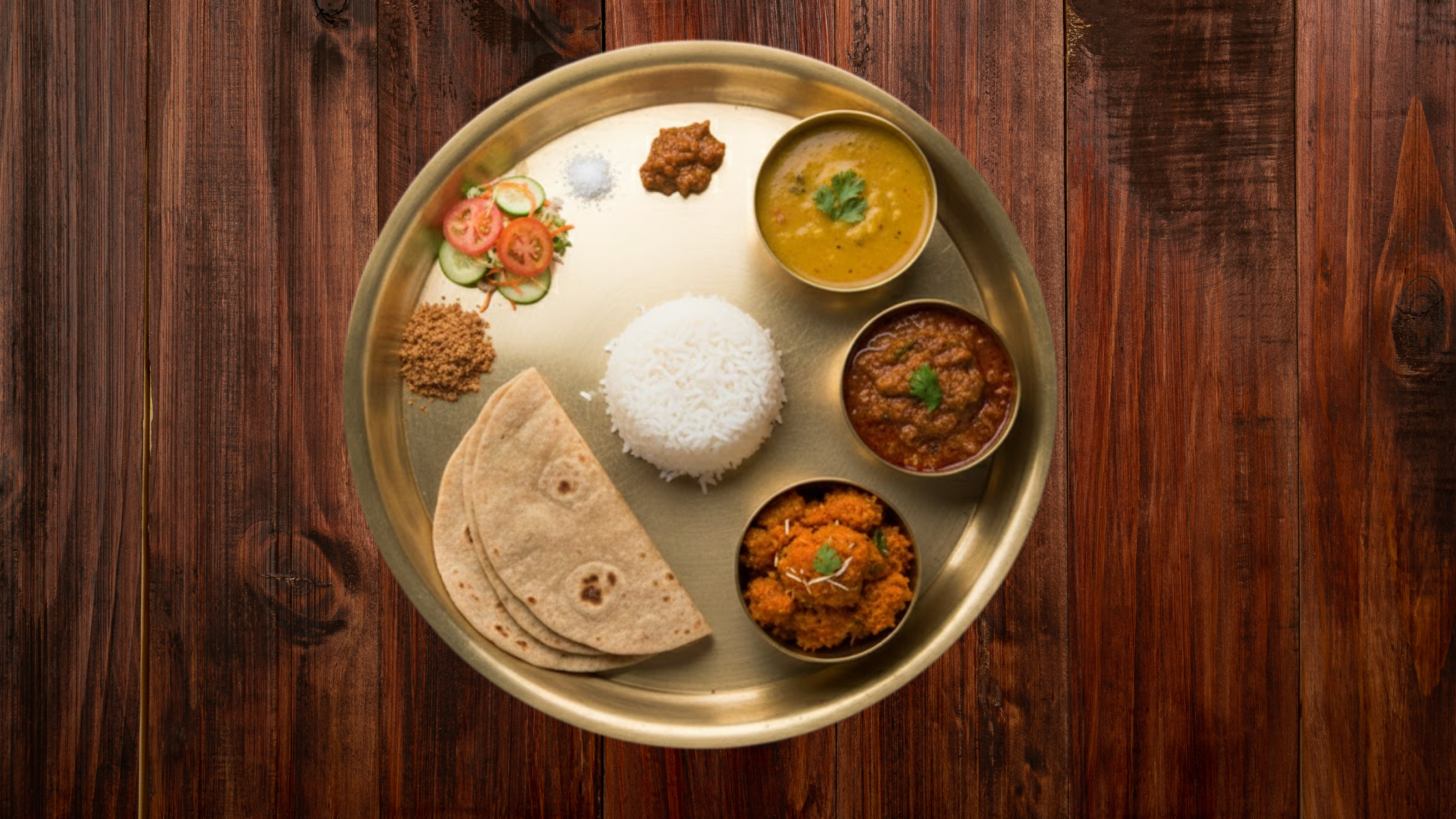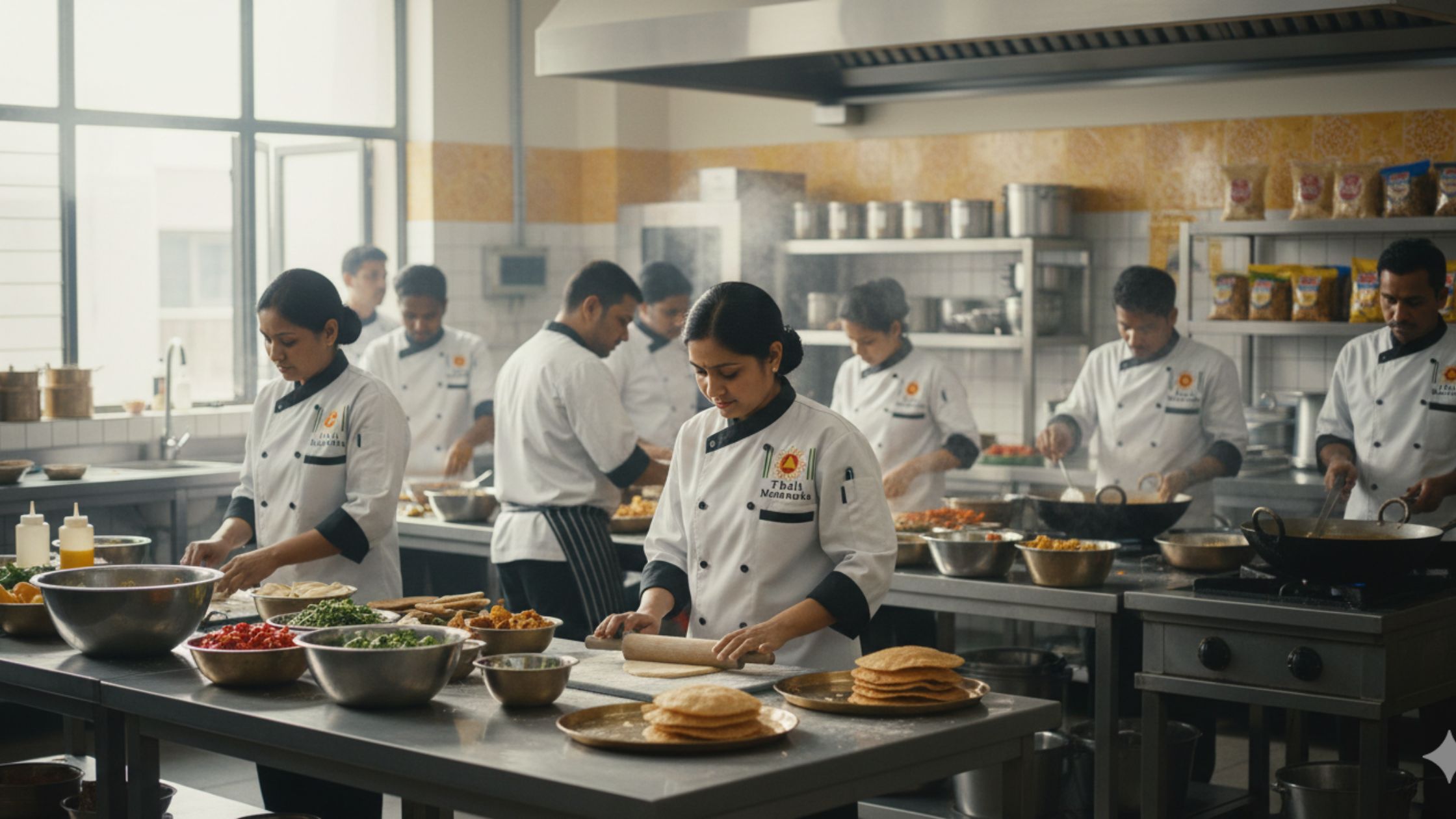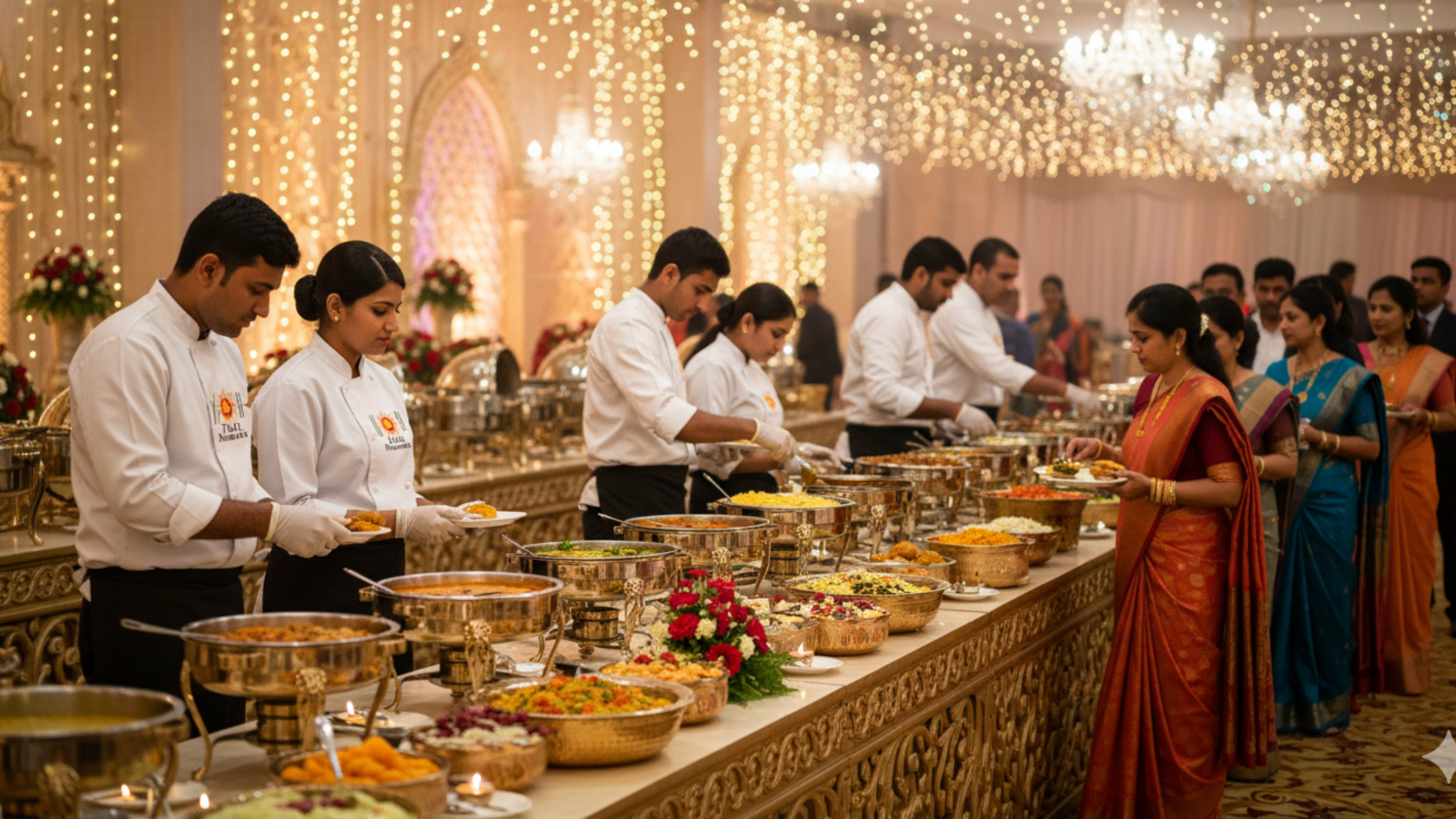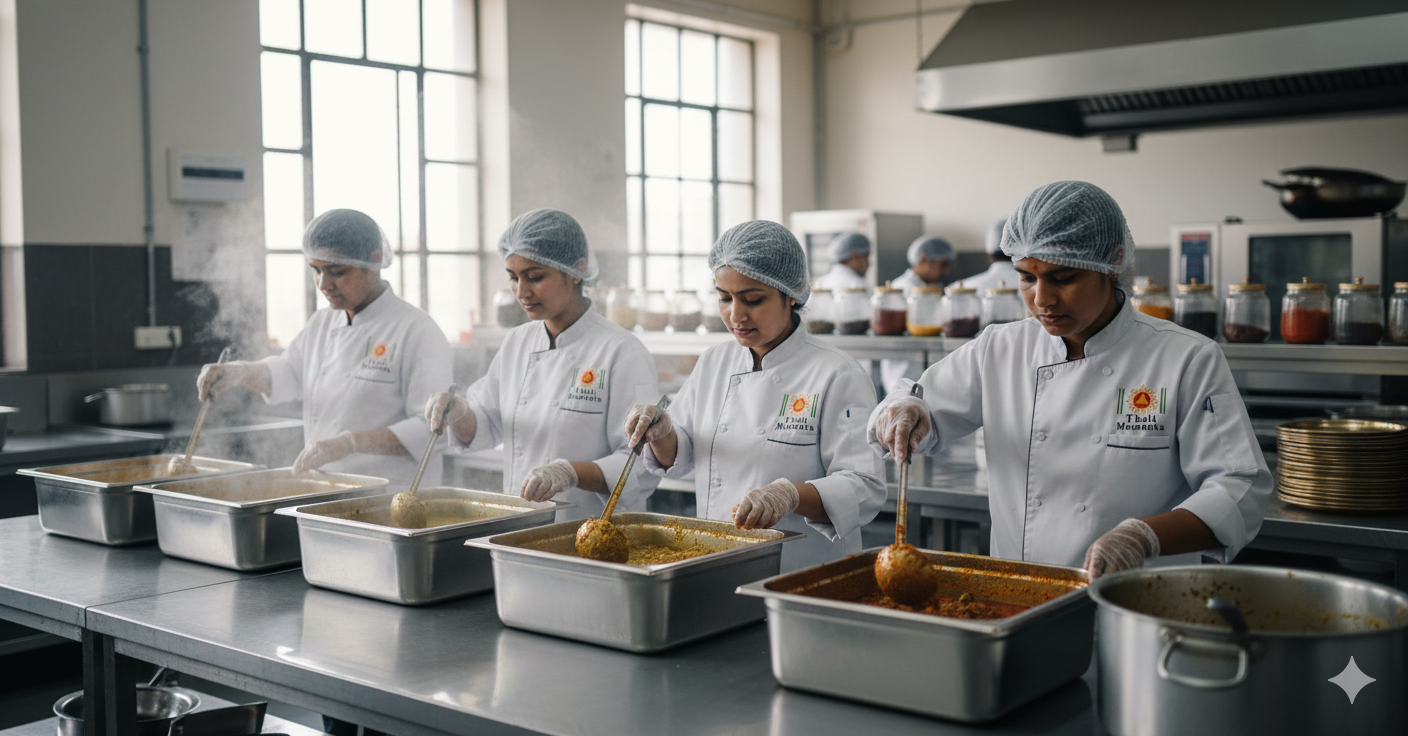
The Legacy of the Maharashtrian Thali: More than Just a Meal

In Maharashtra, food has always been about more than merely filling the stomach. It is about the stories passed down in kitchens, the warmth of hospitality, and the unspoken bond between those who share a plate. Nowhere is this more beautifully captured than in the Maharashtrian Thali.
A Maharashtrian thali is, in its truest sense a canvas of traditions, festivals, and everyday joys. Each portion on the plate carries a tale of geography and culture. From the earthy comfort of varan-bhaat (simple dal-rice) to the celebratory sweetness of puran poli, the thali mirrors the life of the people of this land. Every bite is grounded yet full of flavour.
A Plate of Seasons and Celebrations
The thali changes as the seasons do. In summer, aamras makes its way to the plate, cooling the body and celebrating the arrival of mangoes. During Ganesh Chaturthi, modaks sweeten the offering. Weddings see lavish spreads with multiple vegetables, farsan, pickles, and sweets—an abundant display of joy and togetherness. Each festival brings with it a new chapter in the story of the thali.
The Philosophy of Balance
What makes the Maharashtrian thali truly special is the balance it maintains. Spices are not just about heat; they are about harmony. A spoonful of tangy solkadhi cools the tongue after a spicy bhaaji. A crisp papad adds crunch to the softness of rice and curry. Even nutrition plays its role naturally – grains, pulses, vegetables, dairy, and sweets come together to nourish both body and soul.
A Gesture of Love and Respect
In Maharashtrian homes, offering a thali is an act of care. Guests are not just served; they are honoured. The host ensures the plate is never empty, a sign that love is endless and hospitality knows no bounds. In villages, it is common for neighbours to send across portions of their festive meals-extending the thali beyond the home, weaving bonds within the community.
Beyond Food—A Shared Identity
For Maharashtrians living far from home, the thali is often their strongest connection back to their roots. A bite of Jhunka-Bhakri or the first taste of Shrikhand can instantly bring back memories of grandparents’ kitchens, family gatherings, and festivals filled with laughter. It is food as identity, a reminder that traditions live on as long as they are cooked, shared, and savoured.
The Maharashtrian thali is not just about what is on the plate—it is about what it represents. It is heritage served in stainless steel, a culture carried forward one meal at a time, and a reminder that food, at its heart, is always about people.
